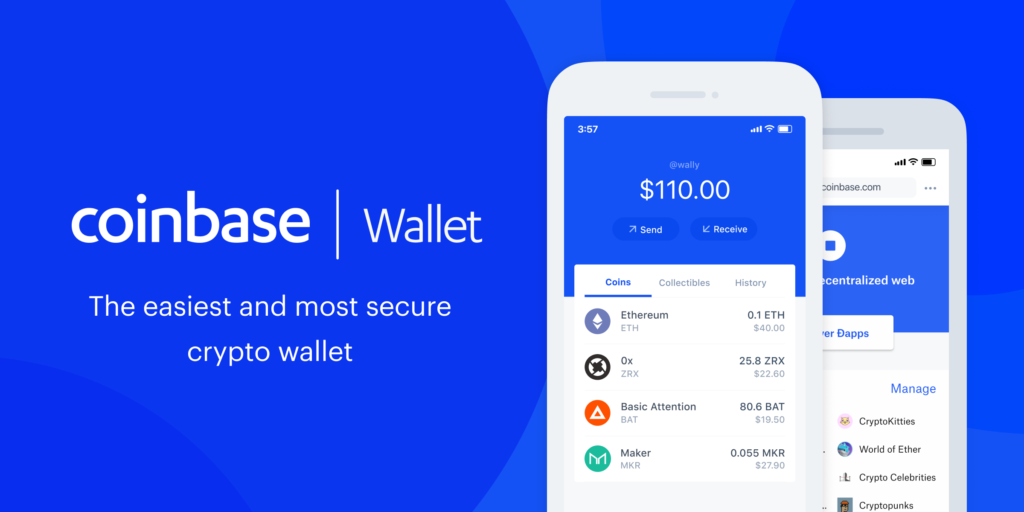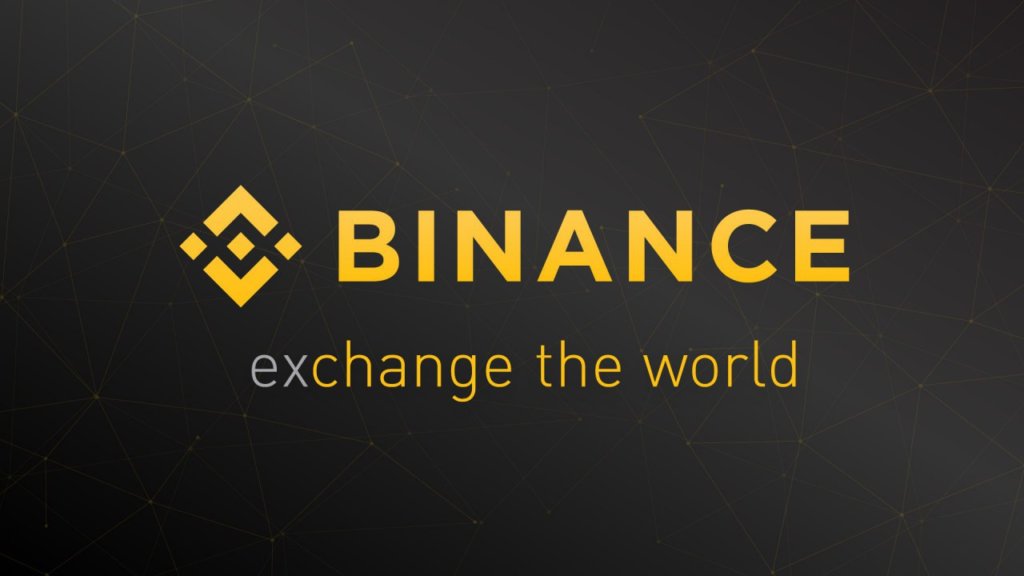Bitcoin, which is the first and most popular cryptocurrency in the world has seen its value rise from the recent lows, but it is still trading far below the highs it reached back in 2017. Bitcoin, like other cryptocurrencies is still experimental and subject to far greater volatility than other tried-and-true investments, such as bonds, stocks, and mutual funds.

One fun way of exploring an experimental new investment is to buy cryptocurrencies such as Bitcoin. Still, it is also true that any investment in cryptocurrency can carry risks and you may lose some money. It its important to never invest more than you are willing to lose.
According to NerdWallet, it is advisable to invest no more than 10 percent of your portfolio in risky assets such as Bitcoin or individual stocks. If you are just getting started with investing. Its always better to be safe than sorry, especially when it comes to your financial well being.
How To Invest In Bitcoin in 4 Simple Steps
-Decide where you would like to buy Bitcoin. You can get started investing in Bitcoin through cryptocurrency exchanges such as Coinbase and a few traditional brokers such as Robinhood.
-Think about how you plan to store the cryptocurrency. Will you keep your Bitcoin in a cold wallet or a hot wallet?
-Make the purchase. Determine how much you would like to invest in Bitcoin.
-Manage the investment. Come up with a long-term plan for the asset.
1. Decide Where You Would Like to Buy Bitcoin
You can buy Bitcoin and other cryptocurrencies in a variety of ways, which include traditional brokers and exchanges.
Cryptocurrency Exchanges
You can buy Bitcoin from various cryptocurrency exchanges. Most of the exchanges charge a percentage of the purchase price. Do proper research to determine which one is most suitable for you. Some of the most popular cryptocurrency exchanges include:
Coinbase
It is a popular option for people looking to buy Bitcoin in the United States, in part because it is possible to easily link your bank account. Coinbase also provides access to other cryptocurrencies such as Litecoin, Ethereum, among others. Coinbase charges a spread (an adjustment on the basis of the investment’s sale price) of about 0.5 percent along with a fee. The fee is the greater of a variable percentage on the basis of payment type and region. For instance, if a purchase is funded by a U.S. bank account it will be 1.49 percent or a flat fee ranging from $0.99 to $2.99, depending on the amount that’s transferred.

Binance
Binance is the largest exchange in the world by volume for all cryptocurrencies. It charges a 0.1 percent fee for all crypto trades (discounts are sometimes offered), plus a withdrawal fee. You are generally only able to make purchases using cryptocurrency, although the platform recently added the option to pay via credit card for an extra fee (this option is not available in some U.S. states).

Coinmama
It is an exchange that trades in 8 cryptocurrencies, which include Bitcoin, Ethereum, among others. Coinmama requires a minimum purchase of $60 and charges a 5.9 percent transaction fee (plus an extra 5 percent fee for purchases made via credit card).

Gemini
It is a cryptocurrency exchange based in the United States that trades Bitcoin, Ether, ZCash, Litecoin, and Bitcoin Cash. The transaction fees range from $0.99 to 1.49 percent of the order, depending on the size of the sale or purchase, plus a fee of about 0.5 percent.

Traditional Stockbrokers
The options among traditional brokers that offer customers a way to buy and sell Bitcoin are so limited right now, that it is basically just one: Robinhood. It is the first mainstream broker to start offering Bitcoin. Robinhood Crypto is available in most of the U.S. states but not all. Like with its stock-trading platform, Robinhood does not charge any fees for Bitcoin trades.
Robinhood might be the first mainstream broker when it comes to Bitcoin trading, but it probably won’t be the last. Sofi Wealth, Motif Investing, Tradestation, and Fidelity have all announced plans to start offering cryptocurrency trading in the near future.
Other Ways You Can Invest in or Buy Bitcoin
Bitcoin ATMs
The ATMs work like regular ATMS, only that you use them for buying and selling Bitcoin. According to Coin ATM Radar, there are over 3,000 Bitcoin ATMs in the United States.
Peer-to Peer Platforms
It is possible to purchase Bitcoin directly from other Bitcoin owners, much like you would buy items on Craigslist, through peer-to-peer tools such as Bitquick., Bisq, and LocalBitcoins.com. It is important to exercise extreme caution when buying Bitcoin directly from individual sellers.
Bitcoin Futures
TradeStation allows investors to trade on Bitcoin futures, but this is for the professionals only and not amateurs. Here is a description of how to get started trading futures.
Grayscale Investments is a digital currency asset manager. Grayscale Bitcoin Trust and Grayscale Ethereum Trust are two of its investment trusts that are publicly traded over the counter, which means that they can be purchased through many discount brokers. Fees are levied and GBTC regularly trades at a premium i.e. even though Bitcoin is its only holding, GBTC shares typically cost more than Bitcoin. The thinking is that some investors are ready to pay extra to purchase Bitcoin via a traditional exchange without having to worry about wallets and storage.
What You Need to Know Before Buying
Have all the information you might need handy. It takes just a few minutes to set up a cryptocurrency account, but you will be required to provide some personal information, which includes your Social Security number and your bank account number, credit card or debit card to fund your Bitcoin account. You may also be required to provide a photo ID. You should record and safeguard any new passwords for the digital wallet or crypto account.
Avoid Using Credit Cards: While some providers allow you to purchase Bitcoin using credit cards, it is never a good idea to make investments by borrowing from a high interest product such as a credit card.
The Securities Investor Corporation does no insure Bitcoin and other cryptocurrency investments for theft or exchange failures, which is a protection that traditional stock brokerage accounts enjoy up to $500,000. Exchanges such as Coinbase offer private insurance, but this does not protect against individual online breaches such as somebody stealing your password.
It is always advisable to use secure, private internet connection whenever you are making financial decisions online. It is never a good idea to buy Bitcoin in your hotel room, at the coffee shop, or using any other public internet connection.
2. Determine How You Would Like to Store Your Bitcoin
You can store Bitcoin in 2 kinds of digital wallets: a cold wallet or a hot wallet. Transactions are typically faster with a hot wallet, while a cold wallet usually incorporates additional security measures to keep your assets safe but transactions typically take longer.

Hot Wallet
With a hot wallet, Bitcoin is stored by a trusted provider or exchange in the cloud and can be accessed via a computer browser or app. Any trading exchange that you join will usually offer a free hot wallet for holding your Bitcoin where your purchases will be automatically stored. However, many users prefer to transfer and store their Bitcoin with third-party hot wallet providers, which are also usually free to download and use.
Why Choose a wallet from a third-party provider other than an exchange? Advocates often say that blockchain technology behind Bitcoin is more secure than traditional electronic money transfers, but Bitcoin hot wallets have been an attractive target for hackers.
Hot wallet providers are numerous and they offer a variety of wallet types. Here are a few:
Coinbase: It offers free online hot wallets and insures losses caused by hacks or security breaches, fraudulent transfers, or employee theft.
Electrum: It is software that allows you to store Bitcoin on your desktop or laptop computer.
Mycelium: It is a mobile-only Bitcoin wallet, with versions available for iPhone or Android users.
Blockchain: It is an online hot wallet like Coinbase, but unlike Coinbase, it is not a currency exchange and is regarded as a less attractive target for hackers.
While some of the hot wallet providers provide insurance for large-scale hacks, that insurance might not cover one-off cases of unauthorized access to your account.
Cold Wallet
It is a small, encrypted portable device that lets you download and carry your Bitcoin. Cold wallets can cause as much as $100 but are considered much more secure than hot wallets.
Cold wallet providers include:
Ledger Nano: It is designed like a thumb drive and has cold wallets ranging from about $60 to $120.
Trezor: It offers small, key-sized cold wallets that range from about $80 to $170.
When creating accounts for your currency exchange and digital wallets, it is advisable to always use 2-factor authentication and a strong password.
3. Make Your Purchase
Once you have linked your Bitcoin wallet to the Bitcoin exchange, the final step is the easiest – deciding how much Bitcoin you would like to buy. While Bitcoin made the headlines in May by reaching $8,000 for the first time in a year, you can buy and sell Bitcoin for fractional shares, which means that your initial investment could be as low as $25.

4. Manage the Investment
If day trading sounds good to you, one option would be to buy Bitcoin now and sell it if and when its value increases. However, if you view Bitcoin as a digital currency of the future, perhaps your investment plan could be to buy and hold for the long haul.
Whatever your plan is, you should always keep in mind that Bitcoin creates a complex tax situation.
Is It a Good Idea to Buy Bitcoin?
Bitcoin is a highly speculative and volatile buy. Stock trading provides a similar thrill – and picking stocks of established companies is usually less risky than investing in Bitcoin. According to NerdWallet, you should devote less than 10 percent of your overall portfolio to speculative assets such as Bitcoin or individual stocks.

